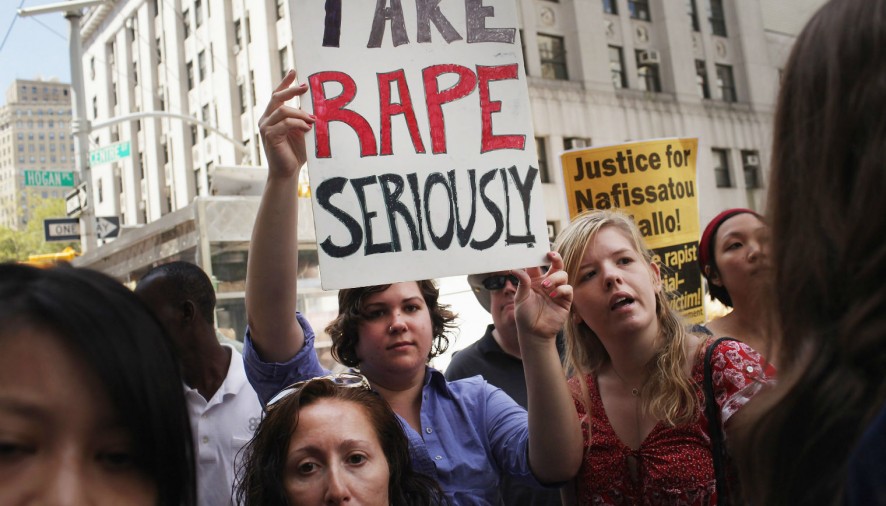In November 2015, a taskforce was set up to crack down on sexual violence on university campuses after Sajid Javid, the business secretary, ordered university vice-chancellors to investigate the “sexual and verbal assault” against women and sexist “lad culture” on campuses.
The taskforce has recommended the overhaul of the much-criticised Zellick guidelines, which govern how universities deal with allegations of sexual violence. It is also expected to publish a report in Autumn 2016 regarding recommendations to ensure assaults are monitored, that staff are trained and that there is proactive work to prevent abuse and harassment before it takes place.
The 1994 guidelines were written by Professor Graham J Zellick, for the then Committee of Vice Chancellors and Principals, now Universities UK, to advise universities on handling circumstances where a student’s alleged misconduct could also constitute a criminal offence.
However critics, including women’s rights institutions, students, lawyers and most recently Universities UK, have argued that these guidelines, which predate important human rights legislation such as the Equality Act 2010 and the Human Rights Act, fail to take into account the duty of universities and colleges to protect female students.
Nicola Dandridge, chief executive of Universities UK, the body representing vice-Chancellors and principles, and chair of the taskforce, said there is an “overwhelming need” for these guidelines, now written 22 years ago, to be reviewed in order to bring them into line with human rights legislation and universities’ duty of care to students.
This follows investigations by the Guardian into how universities implement these rules, finding that less than half of Russell Group universities log all allegations of rape, sexual assault and harassment reported by students and that student victims of sexual violence felt they were not taken seriously by their institutions.
Dandridge also pointed out that the growth of social media has changed the way in which students interact with one another. “These developments can also play a role in the incidents that universities must deal with, such as online abuse and harassment and misuse of social media.”
Dandridge said feedback to the taskforce had raised questions on whether there was sufficient balance within the Zellick guidelines between supporting the victims, upholding the rights of the accused and protecting the institution when handling alleged criminal conduct, given the altered political and legal context over the last two decades.
“Universities have a clear duty of care when it comes to their students and we need to revisit the guidelines to make sure this duty is at the heart of them,” she said.
Susuana Amoah, NUS women’s officer, said: “We’re really pleased to see the UUK taskforce has agreed to do a legal review of the Zellick guidelines. We hope this review will lead to the creation of a new set of guidelines centring around the welfare of survivors rather than institutional reputation.”
Universities UK also highlighted key themes to be discussed in its final report. They included the need for robust reporting mechanisms, a centralised process for recording data and a cross-institutionalised approach, to be developed with input from students.
[Image: Independent]
Lydia McMath

